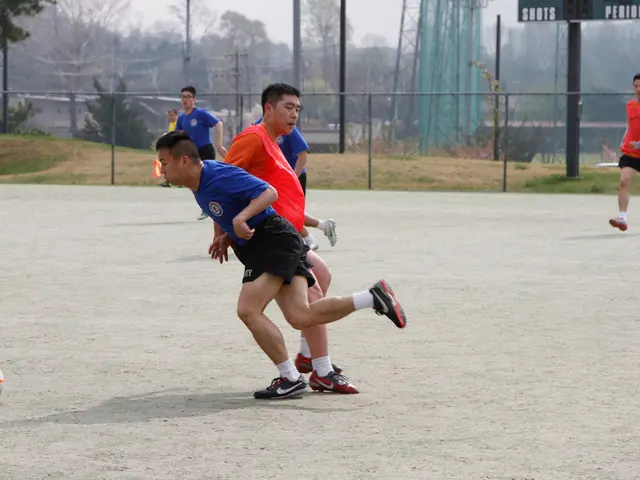Following the Khelif controversy, the boxing authority affirmed the implementation of gender verifications.
The World Boxing Championships, set to take place in Liverpool from September 4 to 14, will see a significant change in the eligibility criteria for female boxers. A new gender eligibility guideline has been confirmed, requiring all athletes competing in the women's category to undergo a mandatory sex verification testing.
This once-in-a-lifetime PCR genetic screening test will detect the presence or absence of the Y chromosome (specifically the SRY gene) to confirm sex at birth. Athletes without Y chromosome material (typically those with XX chromosomes or certain differences of sexual development without male androgenization) are eligible for the women's category. If Y chromosome material is detected, boxers are referred for specialized medical evaluation to determine eligibility based on the absence of male androgenization. Final eligibility decisions are made by World Boxing medical experts.
This policy was developed by World Boxing’s Medical and Anti-Doping Committee after extensive expert consultation to ensure athlete safety and fairness in competition, reflecting concerns about physical advantages in combat sports.
The new guidelines directly relate to the controversies involving Imane Khelif (Algeria) and Lin Yu-ting (Taiwan), both 2024 Olympic women’s boxing gold medalists who faced international scrutiny over their gender eligibility. Khelif, in particular, had previously failed gender eligibility tests by the former International Boxing Association (IBA), which led to disqualification from its world championships and calls to strip her Olympic medal. However, under the IOC-supervised rules at the Olympics, both athletes were allowed to compete. Now, with World Boxing as the new governing body, these athletes must comply with the new sex verification testing to participate in upcoming competitions, including the Liverpool World Championships.
The aim of the policy is to ensure safety and fairness in women’s boxing competitions, balancing inclusion with competitive equity and athlete welfare. This represents a formalization and tightening of sex eligibility standards in world amateur boxing, driven by prior controversies.
The International Olympic Committee (IOC) has taken responsibility for organizing the boxing tournaments in 2024 in Paris and three years earlier in Tokyo after the IBA's suspension. World Boxing was recognized as a partner by the IOC Executive Board in February.
In summary:
- A new gender eligibility test has been introduced for the World Boxing Championships, requiring all athletes competing in the women's category to undergo a mandatory PCR genetic test to determine their birth gender.
- Eligibility for the women's category is based on being female at birth, with no Y chromosome genetic material or absence of male androgenization.
- Athletes with Y chromosome material will undergo specialized medical evaluation to determine eligibility.
- The new guidelines directly relate to the controversies involving Imane Khelif and Lin Yu-ting, who faced sex eligibility controversies before and during the 2024 Olympics.
- The aim of the policy is to ensure safety and fairness in women’s boxing competitions, balancing inclusion with competitive equity and athlete welfare.
Read also:
- United States tariffs pose a threat to India, necessitating the recruitment of adept negotiators or strategists, similar to those who had influenced Trump's decisions.
- Weekly happenings in the German Federal Parliament (Bundestag)
- Southwest region's most popular posts, accompanied by an inquiry:
- Discussion between Putin and Trump in Alaska could potentially overshadow Ukraine's concerns








